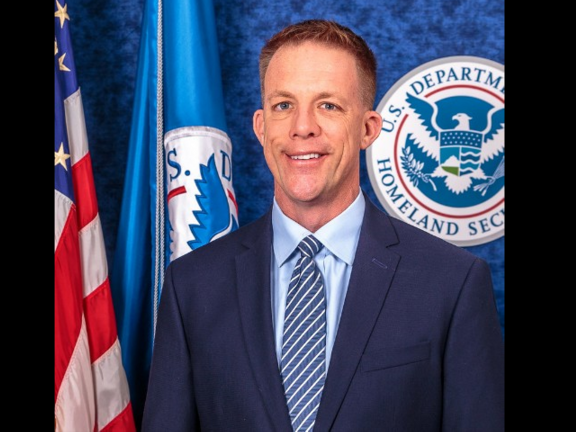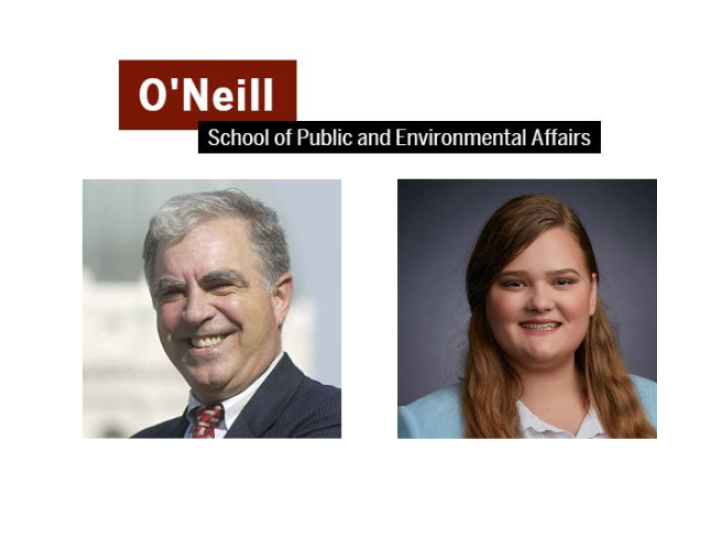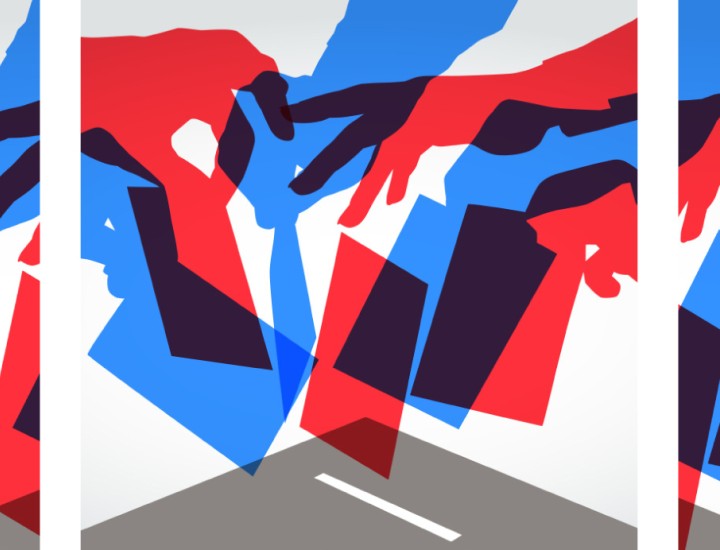Volcker Alliance Spotlight: Dennis Branson on Recruiting the Next Generation of Government Leaders

Spotlight: Dennis Branson
Greater Kansas City Federal Executive Board
Dennis Branson is a Federal Emergency Management Agency (FEMA) Voluntary Agency Liaison for the Region VII Office in Kansas City. He is celebrating his thirtieth year of full-time public service. Before working at FEMA, Dennis served for over twenty-one years in the US Coast Guard across myriad assignments. Dennis is currently on a six-month detail as a Presidential Management Council (PMC) Fellow working with the Greater Kansas City Federal Executive Board (GKCFEB) on the Government-to-University Initiative (G2U). We are fortunate to have spent some time with him and to have collected some of his reflections on the significance of the work he is doing with FEMA, the GKCFEB, and with G2U.
- Can you tell us about your role at FEMA and how you ended up getting involved with G2U in Kansas City?
I started working with FEMA in Kansas City in 2013 after serving twenty-one years of active duty service in the U.S. Coast Guard. My role at FEMA is in Recovery as a Voluntary Agency Liaison, or “VAL.” It is a powerful role, working to help survivors before, during, and after disasters. In my position, I coordinate and collaborate with local, state, and national volunteer agencies, from the Red Cross, to local and national, private and faith-based volunteer organizations. For example, the unprecedented major storms and flooding this past spring in the Midwest has required extensive coordination with volunteer agencies and residents to provide disaster relief for all those affected.
I’ve been working in Kansas City for many years, and when I learned about the work that the Kansas City Federal Executive Board is doing with G2U, I knew that I wanted to get involved. I applied for a six-month detail at the GKCFEB through the PMC Interagency Rotation Program, which was launched in 2011 by the federal government to increase agency collaboration and facilitate best practice sharing across departments. I could not have been more honored to have this opportunity because I believe G2U in Kansas City could have a catalytic impact on showing this generation of young Americans what government service is about—which I consider one of the most pressing issues of our time.
- Could you tell us a little bit more what Federal Executive Boards do?
Federal Executive Boards (FEBs) are truly the unsung heroes in federal coordination and collaboration. FEBs were established by Presidential Directive in 1961 and are a forum for communication and collaboration among federal agencies outside of Washington, DC. Approximately 85 percent of all federal employees work outside the National Capital Region. There is a national network of twenty-eight FEBs, located in areas of significant federal employee populations across the country.
In Kansas City, the federal government is one of the largest employers—over 38,000 federal employees are based in the Kansas City region. The Greater Kansas City Federal Executive Board provides a range of services for this federal community. In particular, the FEB is:
- A forum for the exchange of information between Washington, D.C. and the field about programs, management strategies, and administrative challenges;
- A point of coordination for the development and operation of federal programs having common characteristics;
- A strategic partner, bringing agencies together and facilitating collaboration to achieve common goals;
- A provider of affordable training to local agencies; and
- A conduit between the federal government and the Kansas City community.
- What do you hope most to accomplish during your time working with the Greater Kansas City Federal Executive Board?
Simply put: make lasting change! G2U presents an opportunity like no other I’ve had in over thirty years of military and government service. Young people are not going into public service at the rates that they used to, and for our democracy to survive, we need young, talented, innovative Americans to lead our federal government in the decades to come. To make this happen, the GKCFEB is going into universities and engaging with stakeholders across roles and disciplines, from students, to career service professionals, to undergraduate and graduate professors. We believe the first and most critical step in this process is going out and showing them (the “U”) that we (the “G”) are serious and invested in supporting long-term, constructive relationships.
- What are you going to take with you back to FEMA?
I am a connector. My job at FEMA is about connecting with volunteer organizations, and then connecting those volunteer organizations to the citizens who need help after disaster strikes. My work with G2U has given me a renewed commitment towards connecting present public servants with future public servants. It is more important than ever that federal workers double down on recruiting the next generation of public servants. We can’t do that sitting behind our desks. We need to get out there, listen, learn, and build new relationships with key stakeholders outside of government.

